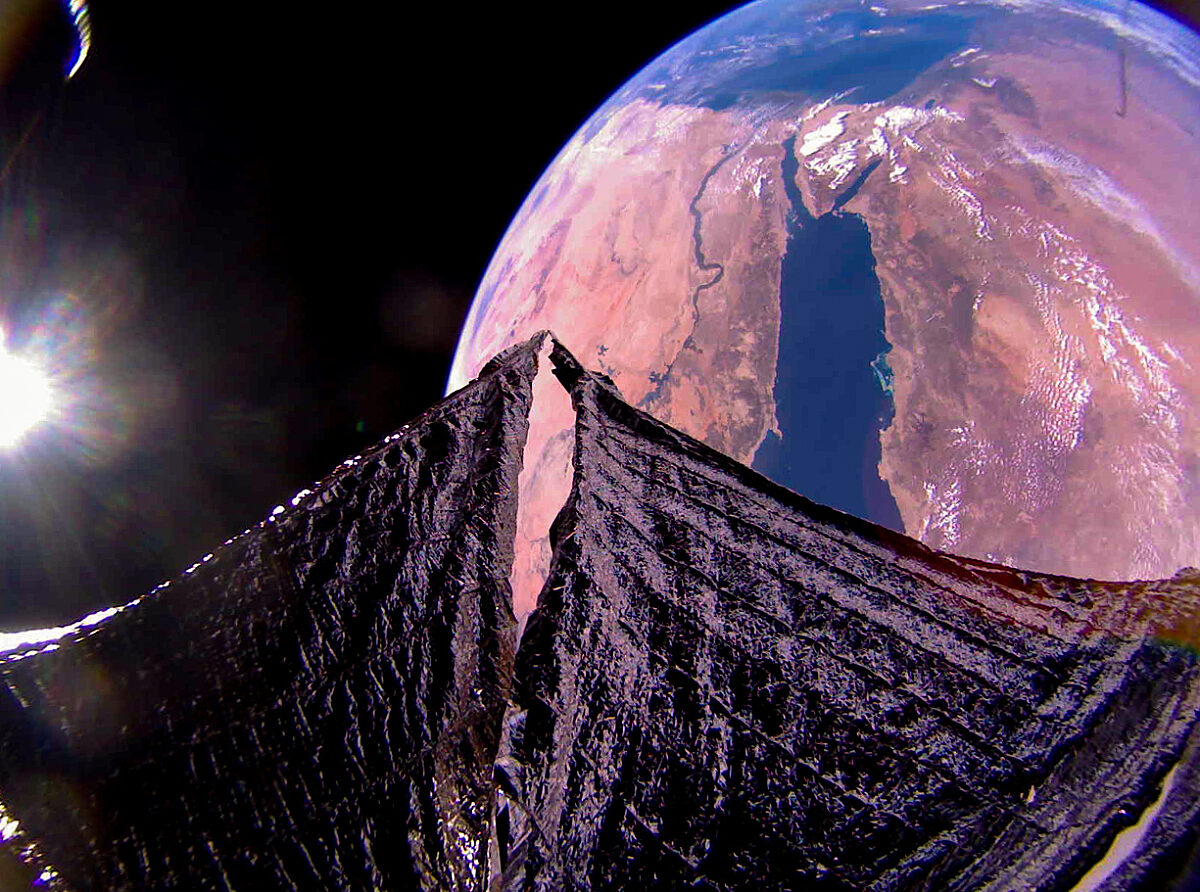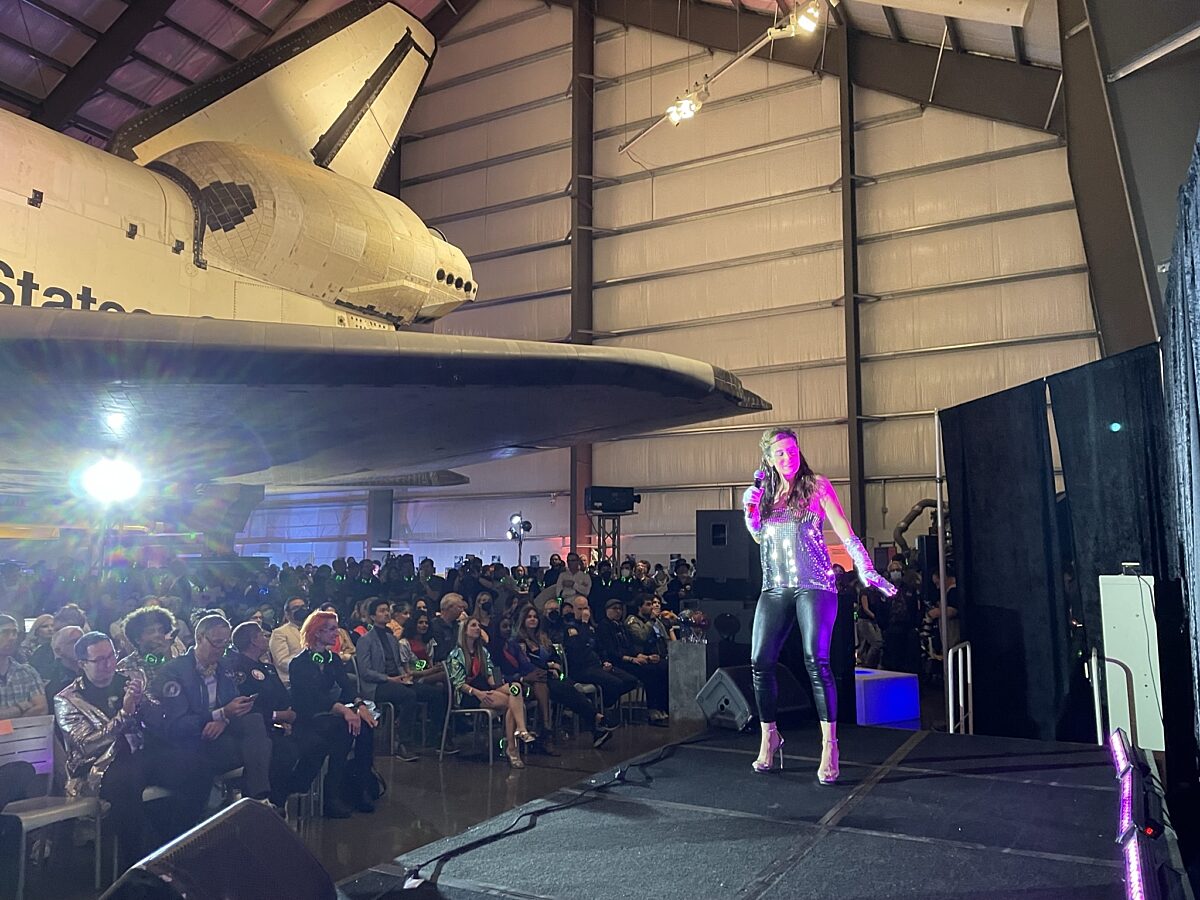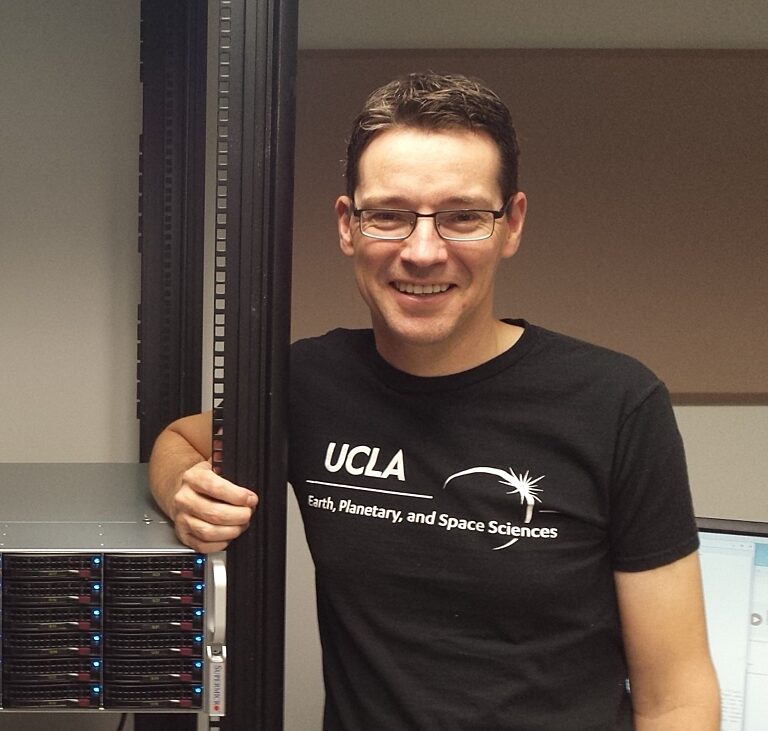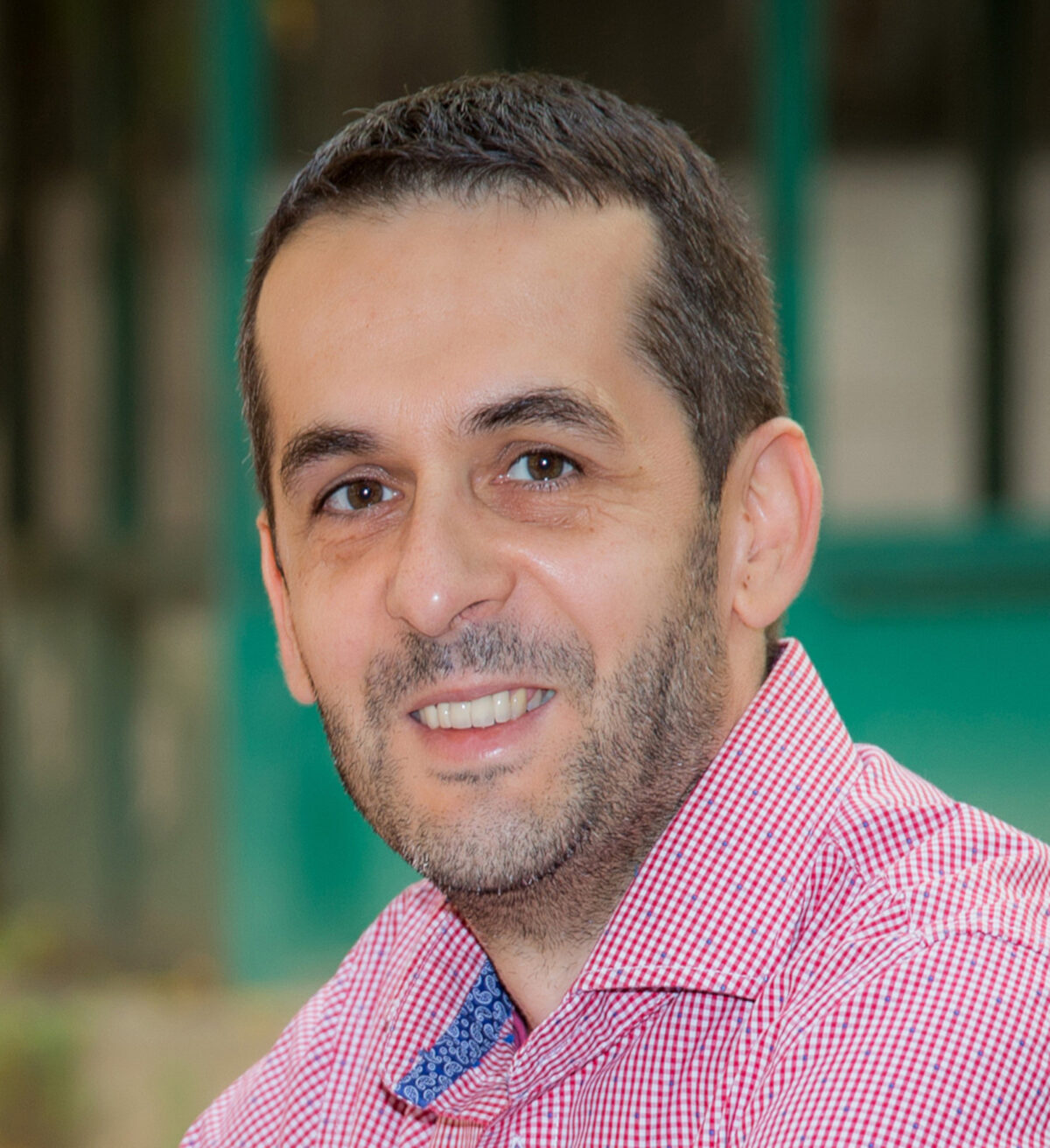Your impact: June Solstice 2022
Inaugural STEP Grant Winners
We’re proud to announce the two winning proposals for the first-ever round of STEP Grants, funded by a generous donation from the Halıcıog ̆lu Family Foundation.
STEP (Science and Technology Empowered by the Public) is a new grant program we announced in 2021 to support projects that help advance The Planetary Society’s core interests of exploring other worlds, finding life and defending Earth from dangerous asteroids. The winners are chosen through an open, international, competitive proposal process. In the future, winning projects will be presented to the Society’s members for crowdfunding support.
WINNER: Are we alone? A citizen-science-enabled search for technosignatures
We awarded $49,980 to a team from the University of California at Los Angeles (UCLA) led by Professor Jean-Luc Margot for a citizen science project focusing on the search for extraterrestrial intelligence (SETI).
SETI research looks for signals sent from other worlds — in this case, radio frequency signals. This is the most direct sign of the use of technology (aka technosignatures) on other worlds. This field has often been overlooked and underfunded by federal granting agencies, including NASA, despite being a valid and important component of the search for life beyond Earth. The Planetary Society has a long history of filling this gap by funding SETI projects, including engaging our members in citizen science SETI research.
One of the big challenges in radio SETI research is that radio signals generated by humans can interfere with the detection of signals coming from elsewhere in the cosmos. This project addresses that challenge by engaging citizen scientists to efficiently and accurately separate Earth radio signals that are picked up when searching for extraterrestrial radio signals.
Researchers using the Green Bank Telescope, the largest steerable radio telescope in the world, have already amassed a huge set of radio data from 100 star systems that host exoplanets as well as tens of thousands of nearby stars, and they continue to collect more data all the time.
This new STEP-Grant-funded project will create and implement a citizen science project to sort and classify signals in the data from the Green Bank Telescope. Using the well-established citizen science platform Zooniverse, participants will search the data for Earth radio interference signals so they can be removed. Their classifications will help determine the most promising signals in the data and will also be used to train a machine learning system that can eventually take up the task.
The project is led by Professor Jean-Luc Margot of the UCLA Department of Earth, Planetary and Space Sciences and the Department of Physics and Astronomy along with UCLA Co-investigator Lisa Garibay. STEP Grant funding will also support a paid graduate student, four paid undergraduate students and 40 students and alumni who will be tasked with interacting with the participating citizen scientists.
WINNER: Demystifying near-earth asteroids
We have awarded $44,842 to a team from the University of Belgrade in Serbia led by Professor Bojan Novaković for a project that will develop a new way of characterizing the physical properties of asteroids.
Characterizing asteroids is an important part of the effort to defend Earth from impacts. A near-Earth asteroid (NEA) could have a number of different physical characteristics, from solid rock to a loose collection of gravitationally bound boulders, pebbles or even dust. Knowing the difference is essential for understanding the object, calculating its chances of impacting Earth and planning a deflection if needed. Missions that have visited asteroids, like OSIRIS-REx and Hayabusa2, have advanced our understanding of their characteristics, but it’s impossible to send spacecraft to study every potentially hazardous asteroid up close. Of the tens of thousands of known NEAs, we only know the physical properties of a small percentage.
This STEP-Grant-funded project proposes a new way of determining an asteroid’s physical properties including using data collected here on Earth. Advances in NEA research have revealed that asteroids experience tiny changes in their orbits (called Yarkovsky drift) caused by heat radiating off the asteroid’s surface as it rotates. Asteroids with different surface properties have been found to have corresponding differences in their Yarkovsky drift. For example, a surface heats and cools at different rates depending on whether it is a solid object or a loose pile of dust. Yarkovsky drift measurements for a number of asteroids are becoming available, but these measurements have not yet been used to calculate surface physical properties. This project will develop complex computer modeling to use Yarkovsky drift data to determine the near-surface physical properties and, where possible, the density of around 150 NEAs. The project will also demonstrate this method as a viable characterization technique with potential application to future data.
This project is led by Professor Bojan Novaković of the University of Belgrade Department of Astronomy and his University of Belgrade Co-investigators: Professor Dušan Marčeta, Dr. Marco Fenucci and Vanja Petkovic. Funding will support faculty and student labor as well as the purchase of a powerful computer on which to run mathematical models.
You can get more information at planetary.org/step-grant-winners-2022.

Three years of sailing on light
June 25 will mark the third anniversary of the launch of our crowdfunded LightSail 2 spacecraft. This groundbreaking project was funded by contributions from tens of thousands of members and donors to design, build, launch and operate the first CubeSat ever to use sunlight alone to adjust its orbit around Earth. The spacecraft continues to operate under an extended mission to further advance solar sailing technology, and new solar sailing missions are already building off what LightSail 2 has taught us. We don’t know just how long LightSail 2 will remain in orbit, but we hope that you share our pride in all that it has already accomplished.
Advancing space advocacy
Shortly after our 2022 Day of Action wrapped up in early March, we launched a fundraising campaign to support our overall space policy and advocacy program. Thanks to all of your support, we will be able to do even more this coming year to craft impactful space policy recommendations, empower our members as advocates and make a difference for the future of exploration.
Working together toward Mars
The Planetary Society was proud to contribute to the 2022 Humans to Mars Summit, another event that attendees and organizers were relieved to have in person this year. Planetary Radio host Mat Kaplan moderated two panels at the summit: Will Humans Be on the Surface of the Moon by the Mid-2020's and Travel to Mars by the Mid-2030's? and How Can Humans on Mars Unite the World? The Humans to Mars summit is the annual conference of Explore Mars and the largest annual conference in the world dedicated to the goal of a sustainable human presence on Mars. This year, it took place on May 17-19 at the George Washington University in Washington, D.C. Recordings of the panels can be watched at exploremars.org.

Celebrating together at last
Every year on April 12, space enthusiasts around the world celebrate Yuri’s Night — the anniversary of cosmonaut Yuri Gagarin’s flight as the first human in space. This year’s Yuri’s Night festivities were particularly special because we were able to safely celebrate together in person for the first time since 2019.
Planetary Society volunteers helped run the Yuri’s Night event at the California Science Center in downtown Los Angeles, which featured speeches, dancing, costumes, food and drink and other festivities. Yuri’s Night celebrations happen all around the world each year, maybe in your own area. If you didn’t catch one this year, keep an eye out in 2023 or organize your own event!
Learn more at yurisnight.net.
Support our core enterprises
Your support powers our mission to explore worlds, find life, and defend Earth. You make all the difference when you make a gift. Give today!
DonateThe Planetary Report • June Solstice
Help advance space science and exploration! Become a member of The Planetary Society and you'll receive the full PDF and print versions of The Planetary Report.


 Explore Worlds
Explore Worlds Find Life
Find Life Defend Earth
Defend Earth




